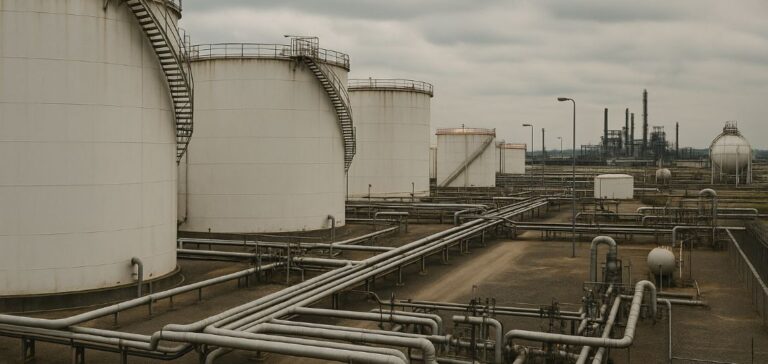The Société gabonaise de raffinage (Société gabonaise de raffinage, SOGARA) has announced a development project aimed at tripling Gabon’s oil refining capacity by 2030. The plan includes the rehabilitation of the existing Port-Gentil refinery and the construction of a new facility, with a total investment of CFA40bn ($69.5mn), according to Le Nouveau Gabon.
A two-phase structured programme
The programme will be implemented in two distinct stages, with the first phase involving the modernisation of the existing unit to be completed by 2027, followed by the construction of a new refinery by 2030. SOGARA’s Managing Director, Christian Avaro Yeno, stated that 30% of the financing will come from the company’s own funds, while 70% will be raised through external borrowing.
The current refinery, commissioned in 1964, produces around 900,000 tonnes of petroleum products annually. It includes 450,000 tonnes of white fuels and 350,000 tonnes of diesel. The modernisation will increase its capacity to 1.25 million tonnes per year by 2027, with an estimated cost of CFA2.5bn.
Import reduction and long-term coverage
SOGARA’s stated goal is to meet national hydrocarbon needs while reducing the country’s dependence on imports. The company anticipates that the new configuration will meet domestic demand until 2050.
Rehabilitation work is already underway at the Port-Gentil site, although no specific timeline has yet been announced for the start of construction of the new refinery. No additional technical or commercial details have been released about the second site, including its final capacity or potential foreign partners.
The strategy aligns with efforts to strengthen energy sovereignty, at a time when the oil sector remains central to Gabon’s public revenues. The project’s realisation will depend on access to the external financing required for the second phase.






















